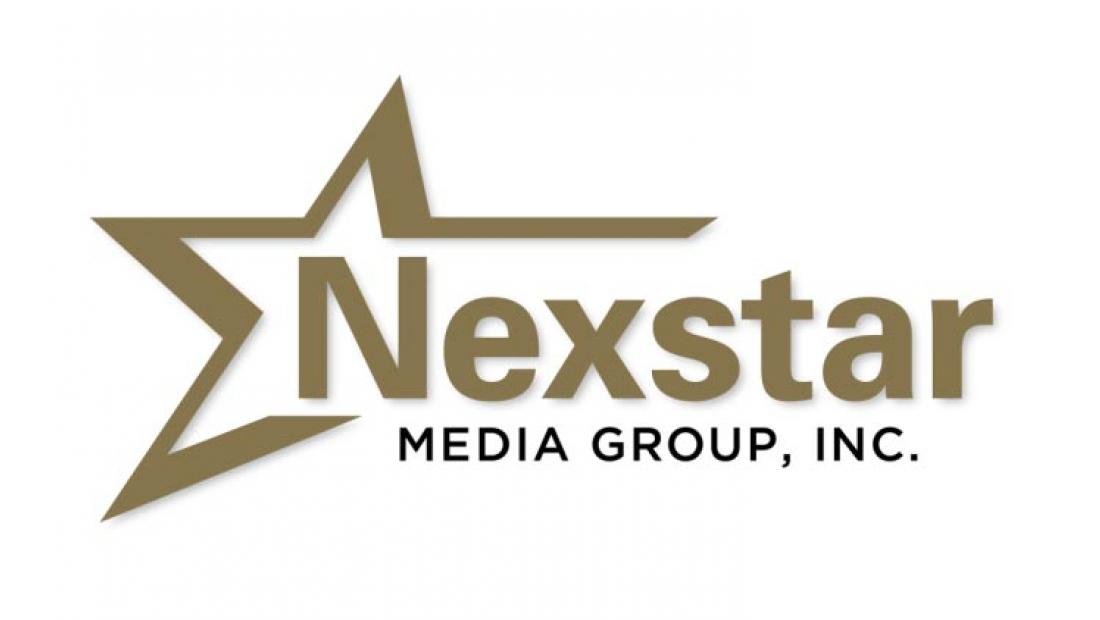Nexstar-Tribune Deal Proposal Already Drawing Consolidation Foe Pushback

The smarter way to stay on top of broadcasting and cable industry. Sign up below
You are now subscribed
Your newsletter sign-up was successful
Look for some of the same media consolidation critics who hammered the Sinclair-Tribune deal in Washington to take aim at the just-announced Nexstar-Tribune deal, given their concerns about the impact of consolidated broadcasters on retrans fees, localism and more.
A Common Cause spokesperson said that group has similar concerns about the size of the proposed Nexstar-Tribune group, the impact on retransmission consent fees, including so-called after-acquired clauses (see below), and other issues.
The deal does not have the political hot-button of Sinclair's conservative viewpoint, so may not draw as passionate pushback, but it would still create the nation's largest broadcast group--surpassing Sinclair--with over 216 stations.
And with Democrats in control of the gavels in the House come January, consolidation critics on the House Energy & Commerce and Judiciary Committees, which oversee communications and merger issues, will have new power to schedule oversight hearings on the deal if they choose, and they are likely to.
One thing critics like the American Cable Association, which opposed the Sinclair deal, have pointed to in broadcast mergers are those so-called after-acquired" clauses, which allow broadcast group owners to "harmonize" the retrans rates of acquired stations to their higher rate--if that is the case--boosting the fees they get from cable operators for carriage, increases that are often passed on to their subs.
Related: ACA Takes Aim at Nexstar-Media General Merger
Back in 2016, ACA tried to get the FCC to condition Nexstar's purchase of Media General stations on barring after-acquired clauses, but that did not happen. ACA argued that those clauses were "a merger-specific harm that needs corrective conditions"
The smarter way to stay on top of broadcasting and cable industry. Sign up below
ACA is also concerned about groups trying to retain two of the top four-rated stations in a market. The FCC last year loosened its restriction on such local ownership combos, saying it was still presumptively out of bounds but agreeing to review them on a case-by-case basis.
If Nexstar avoids that fight, it could help the deal optics. Sinclair's push for retaining two of the top four in a couple of markets drew plenty of fire.
ACA is also concerned about broadcast consolidation in general, so at a minimum look for it to call for strict FCC scrutiny and no case-by-case FCC sign-off on owning two of the top four stations in a market.
Mike Copps, former FCC chairman and now a special adviser to Common Cause, said he was not pleased with the news. He said such consolidation always brings with it significant threats to localism and diversity as well as homogenized programming and a reduction in local news, "I don't think we are in need of any more consolidation at a time when the marketplace is consolidated as it is, but that is what we will get if this merger is approved," he told B&C.
Copps was one of the FCC's strongest consolidation critics while on the commission and in the center seat.
Sook said Monday (Dec. 3) he might be interested in even more stations if the FCC raises or eliminates the 39% cap on one broadcast groups share of the national audience---Nexstar has pushed for eliminating the cap. That will certainly not be music to the consolidation critics' ears either.
Contributing editor John Eggerton has been an editor and/or writer on media regulation, legislation and policy for over four decades, including covering the FCC, FTC, Congress, the major media trade associations, and the federal courts. In addition to Multichannel News and Broadcasting + Cable, his work has appeared in Radio World, TV Technology, TV Fax, This Week in Consumer Electronics, Variety and the Encyclopedia Britannica.

